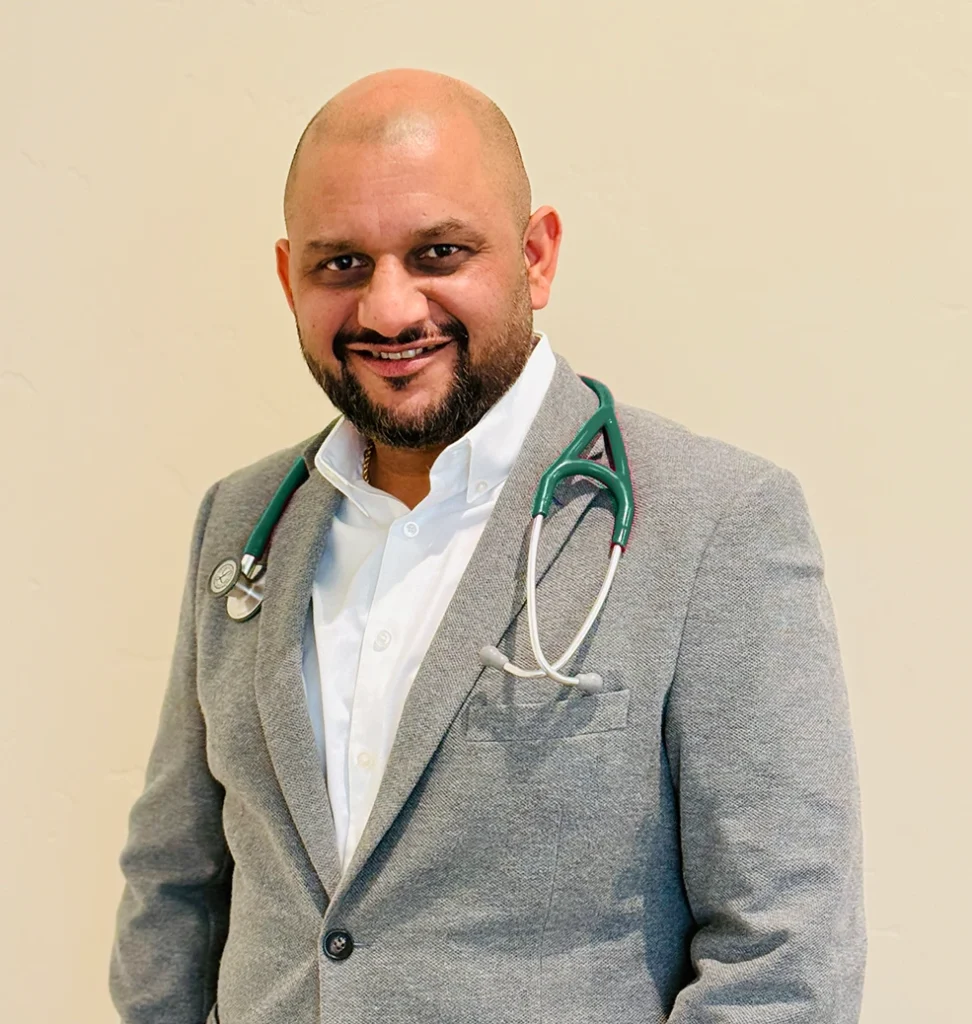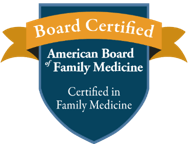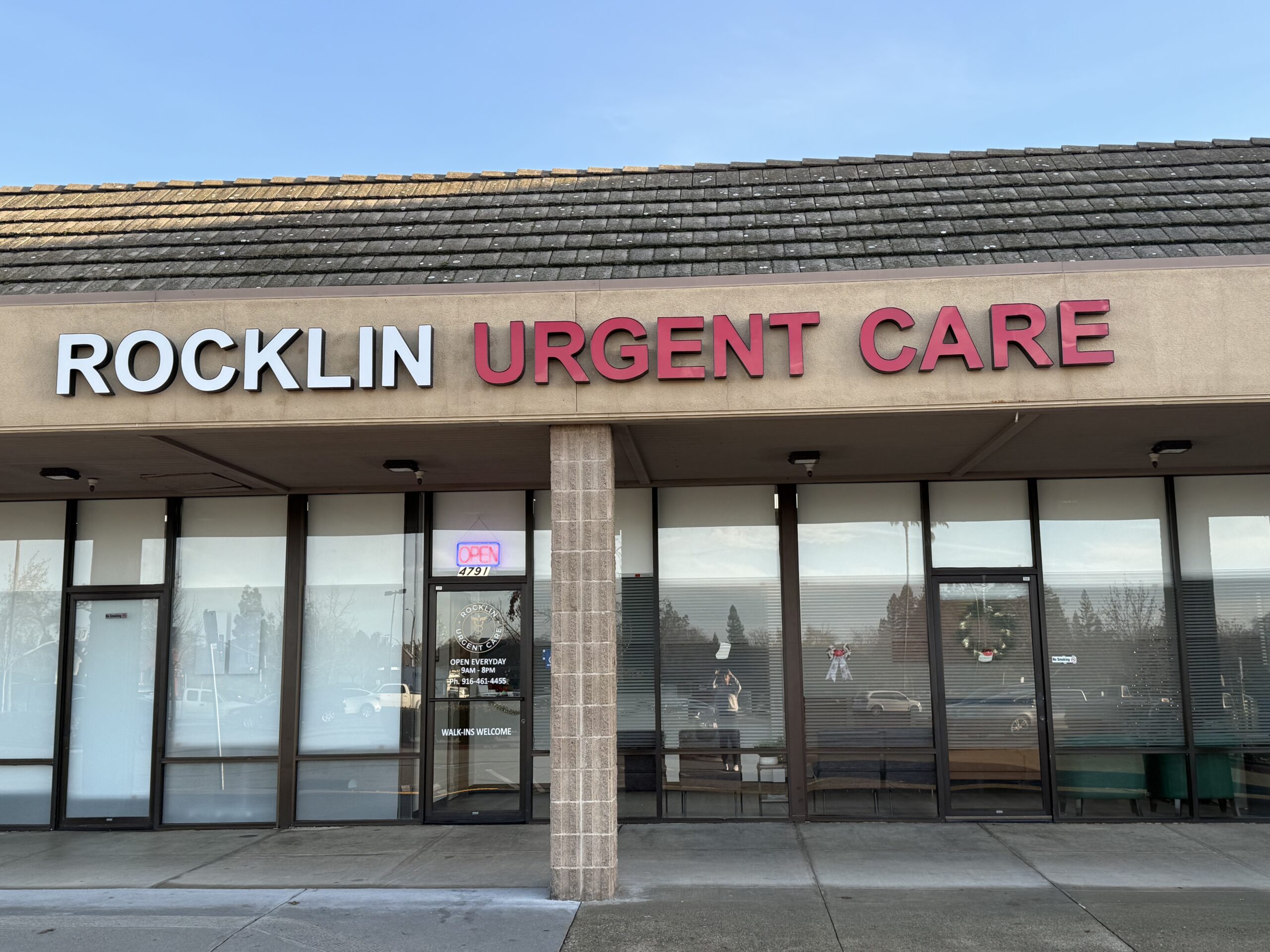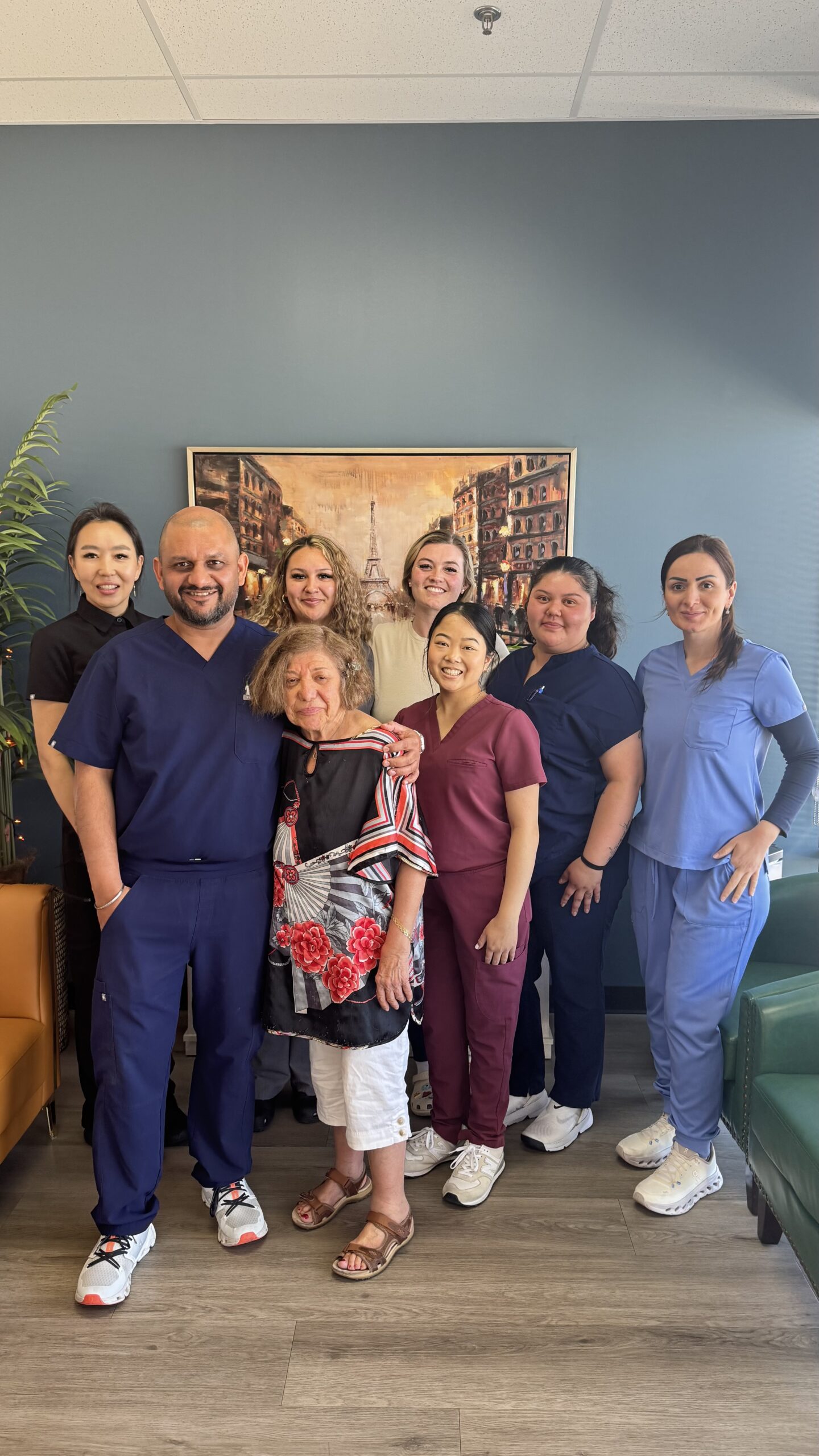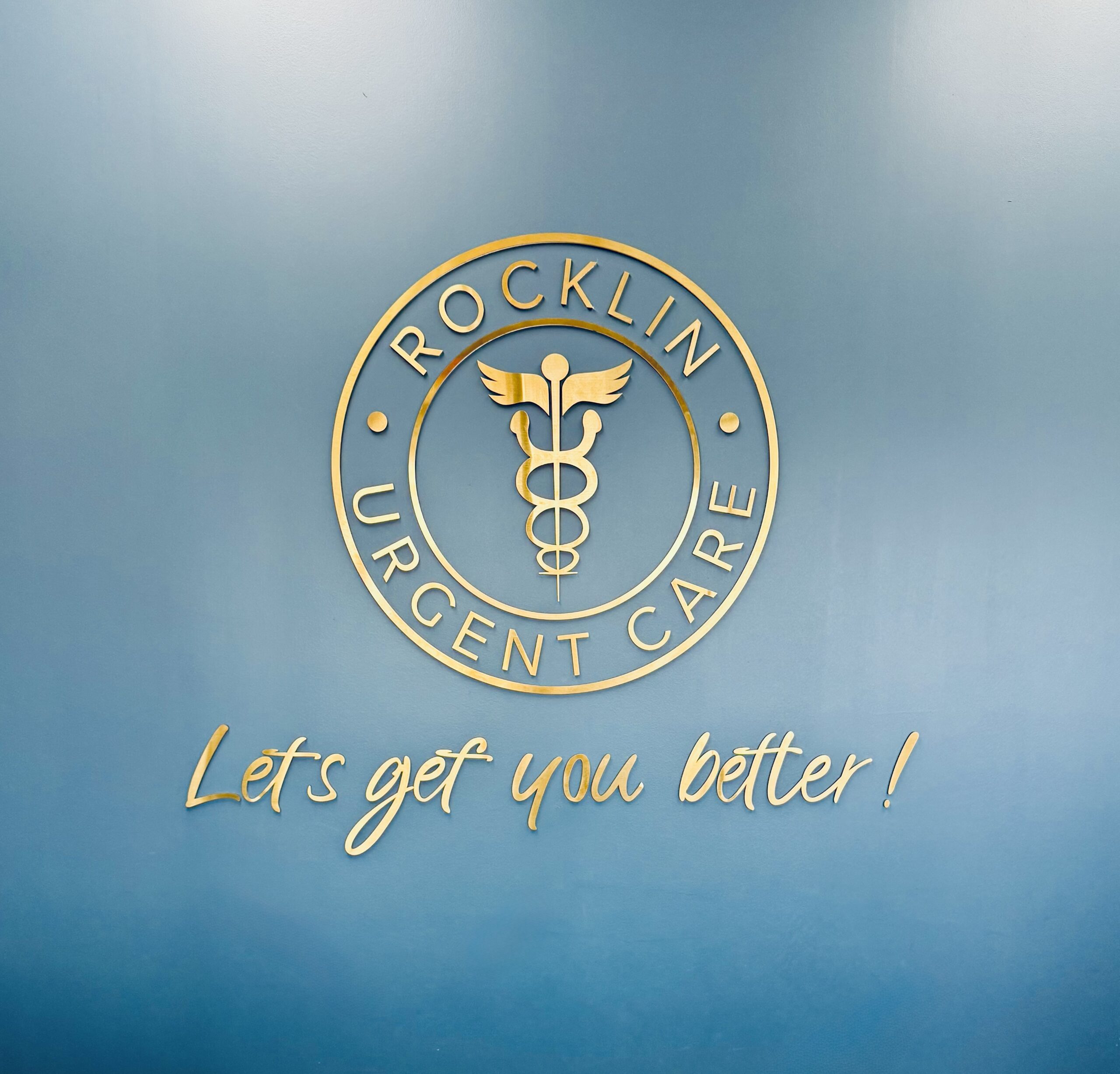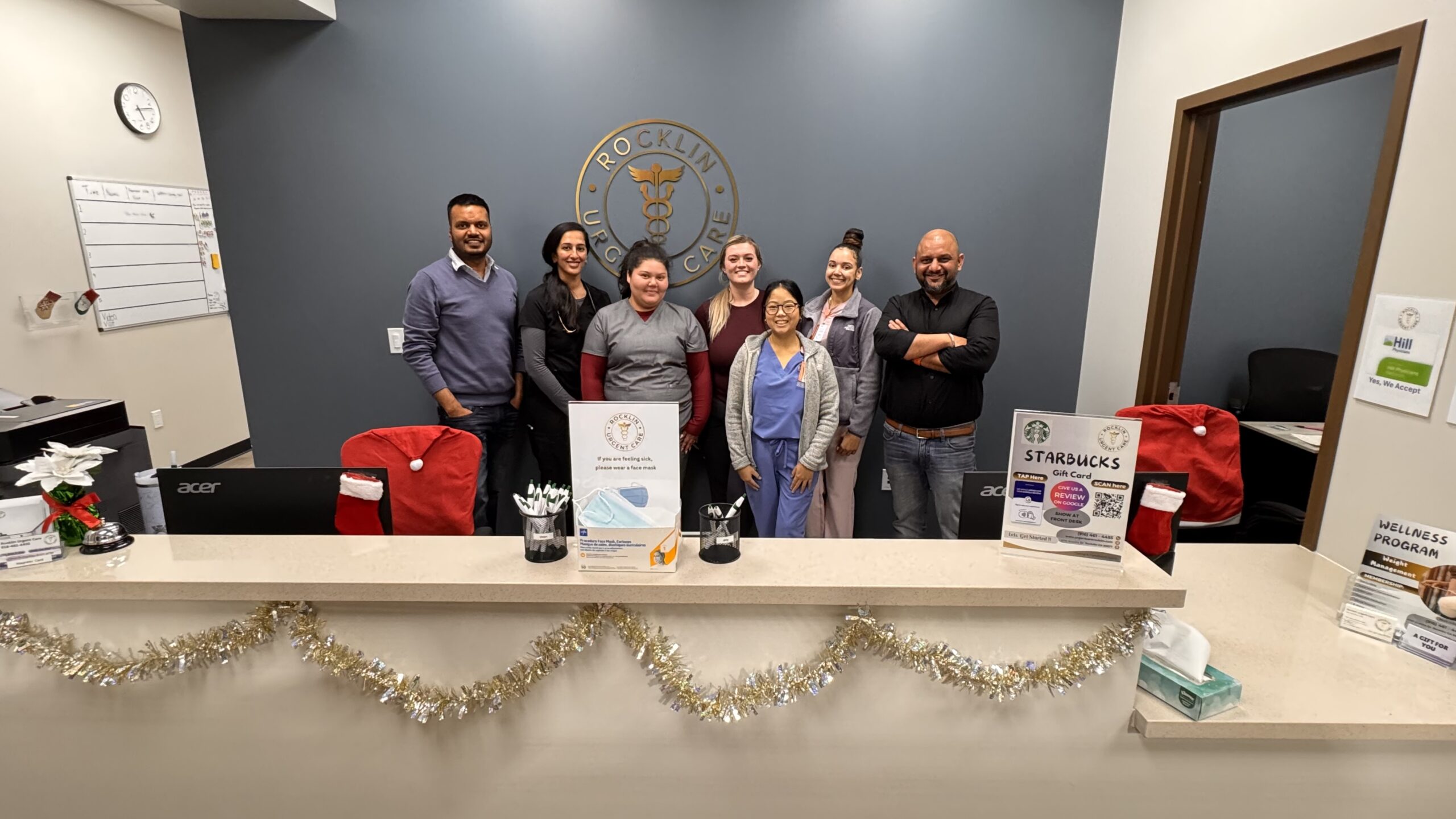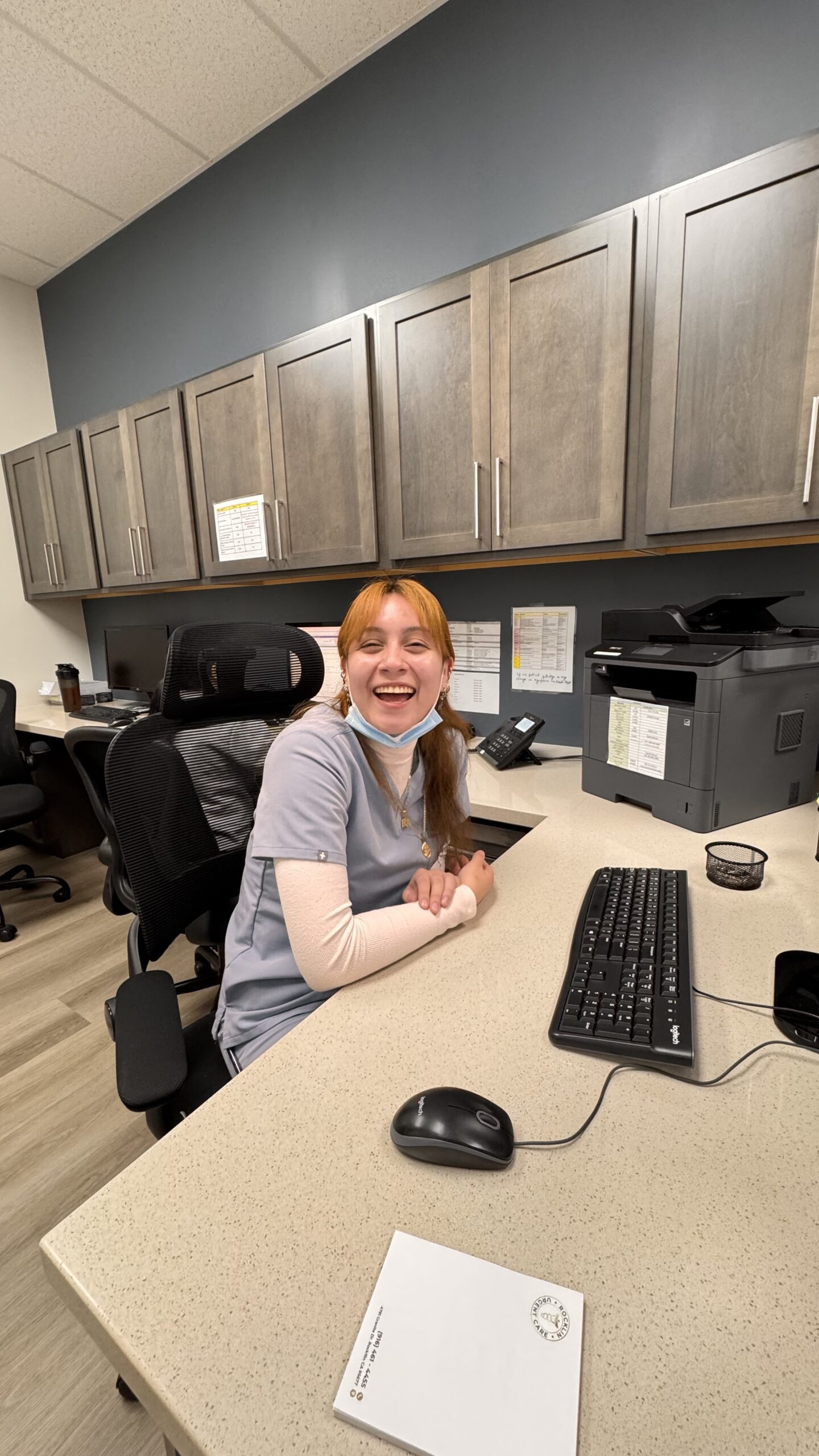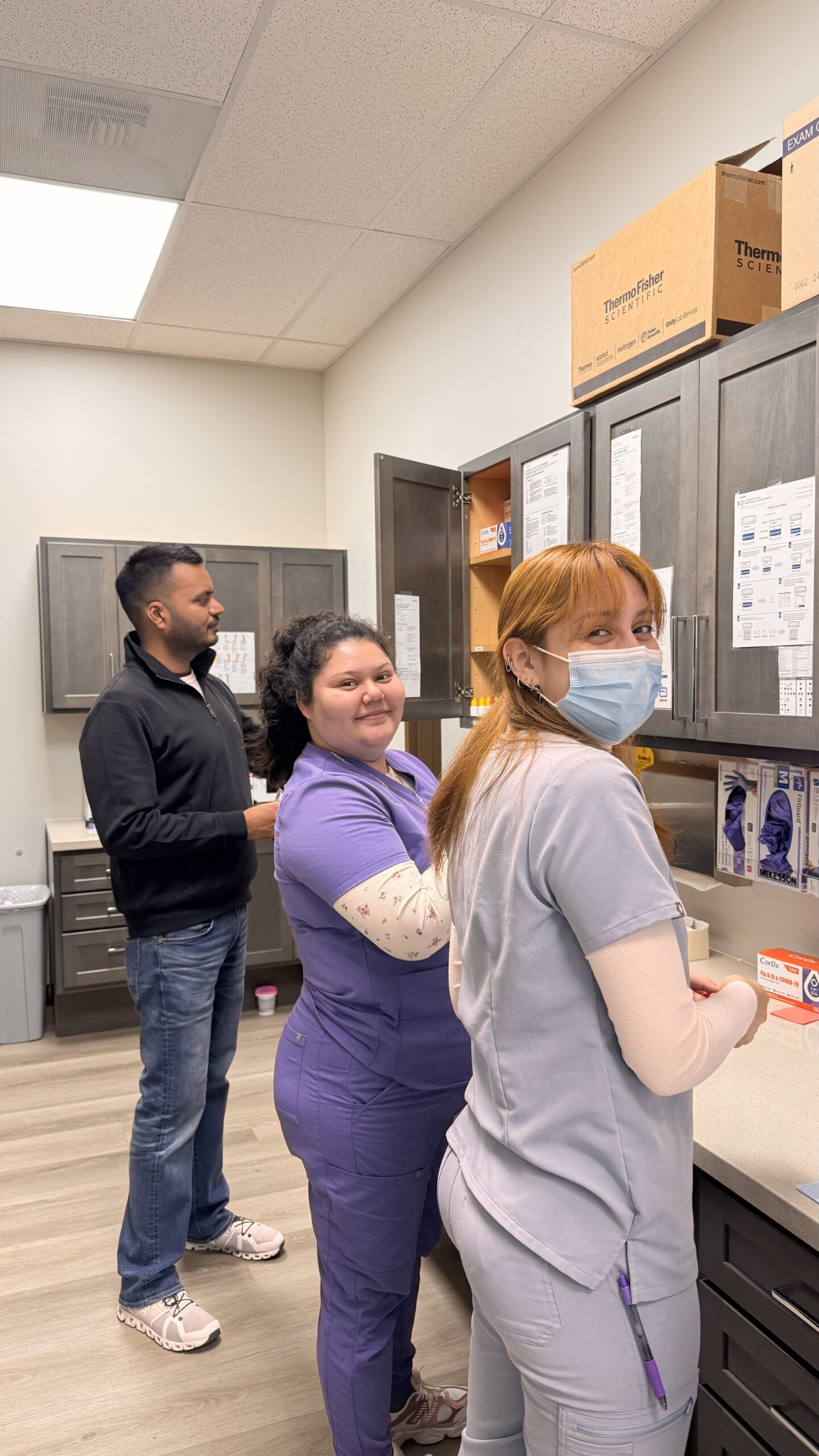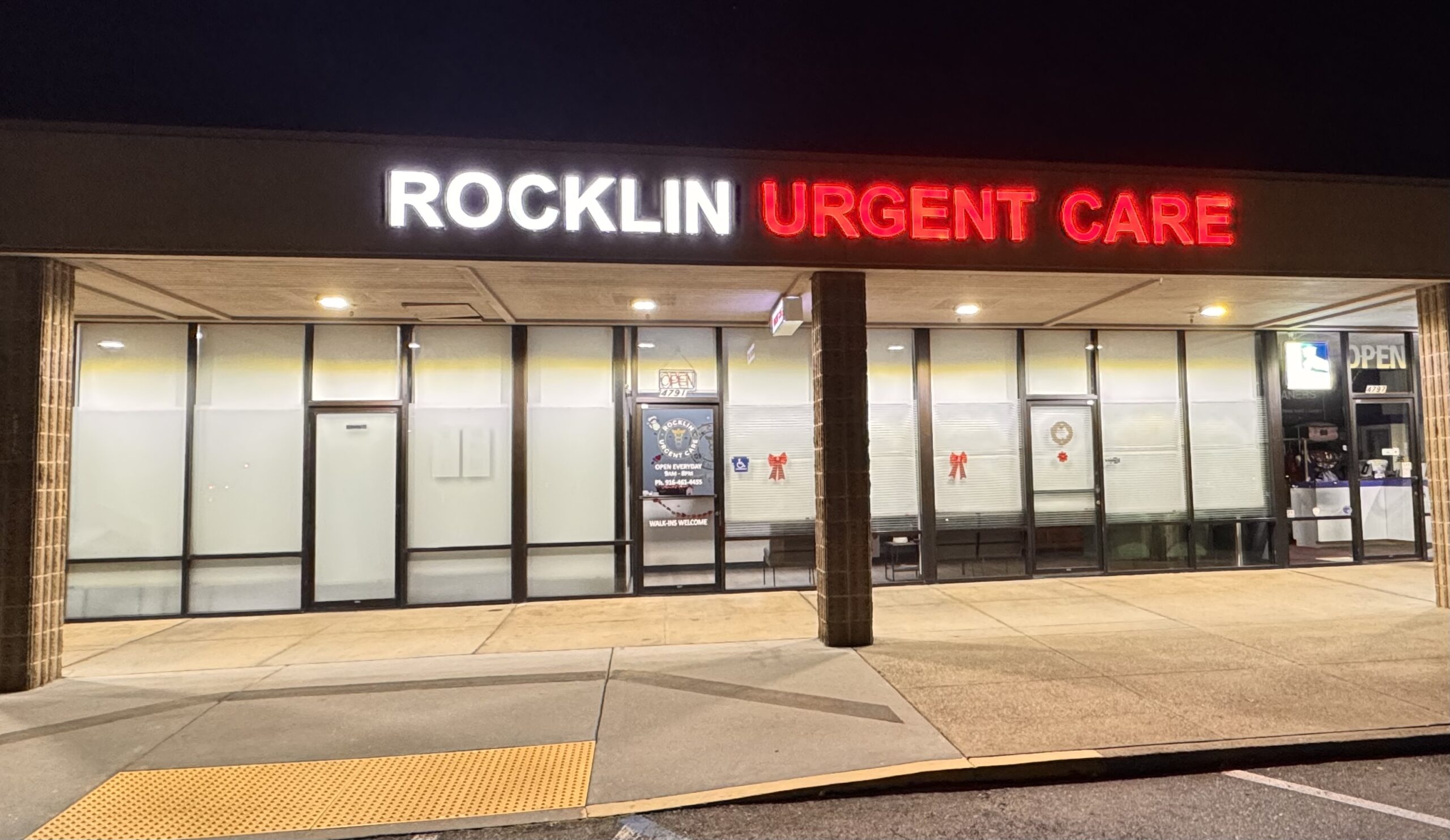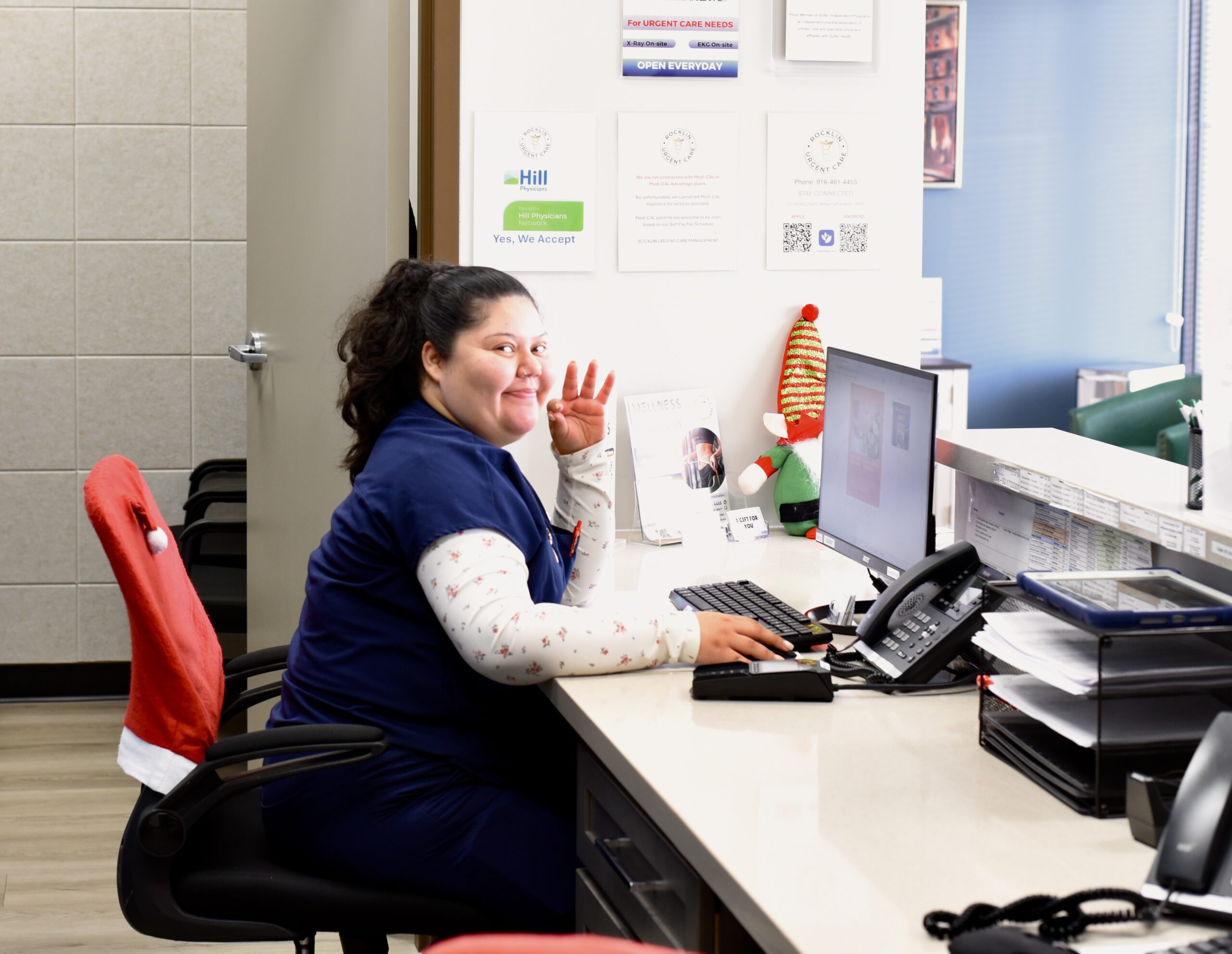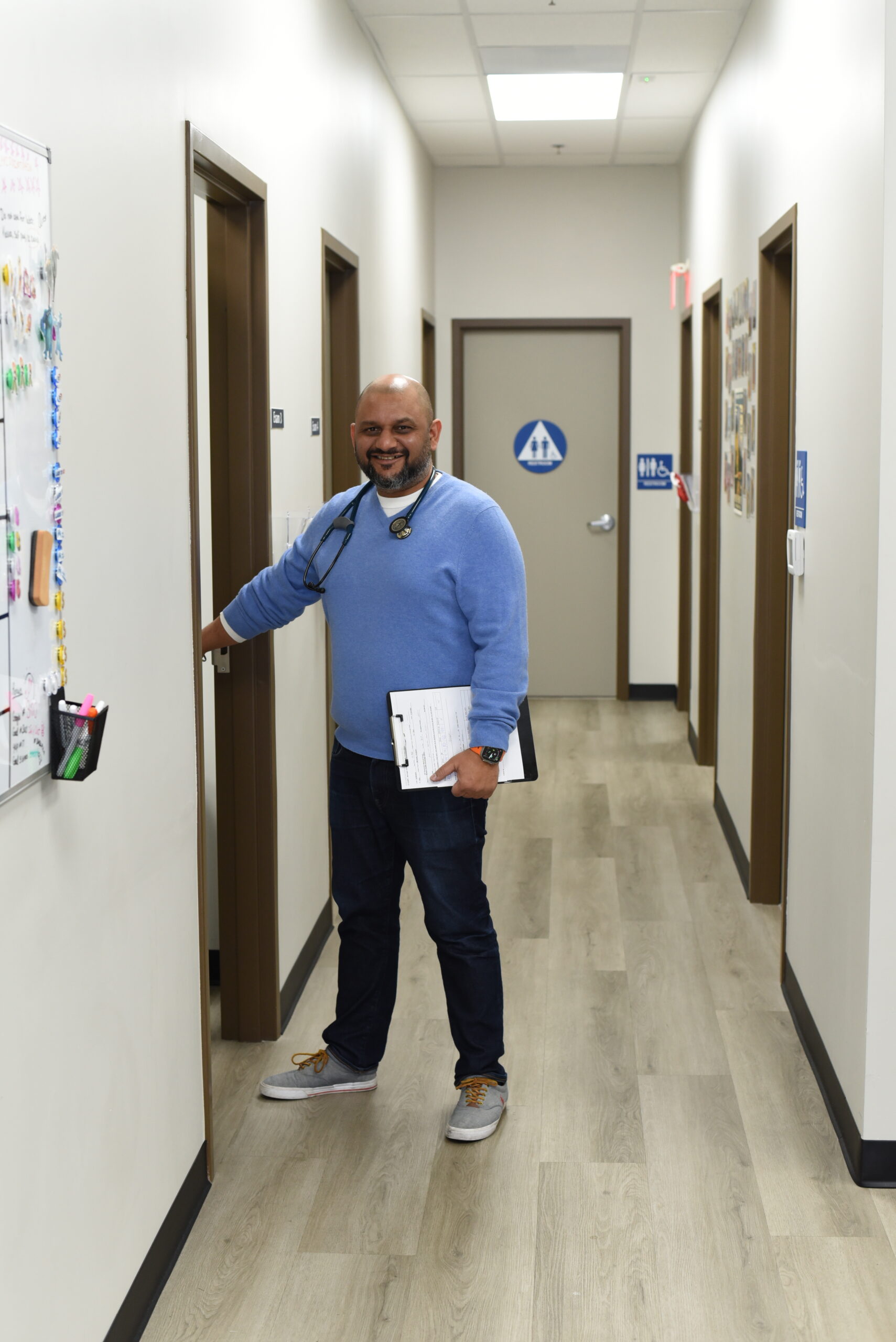Valid Driver’s License or Government-Issued Photo ID
List of Current Medications: Include all prescription and over-the-counter medications, along with dosages and prescribing doctors' names and contact information
Medical History Information: Details of any past or current medical conditions, surgeries, or hospitalizations.
Completed Medical Examination Report Form (MCSA-5875): Filling out the driver's portion in advance can save time during your visit.
If Applicable, Also Bring: Corrective Lenses or Hearing Aids: If you use glasses, contact lenses, or hearing aids, bring them for the vision and hearing tests.
Sleep Apnea Documentation: If you have sleep apnea and use a CPAP machine, bring at least 90 days of usage data or a compliance report.
Diabetes Management Records: For those with diabetes, provide recent Hemoglobin A1C results and blood sugar
Cardiovascular Health Records: If you have heart-related conditions, bring a letter from your cardiologist stating you are fit to drive, along with recent test results like stress tests or echocardiograms
Neurological Condition Documentation: For conditions like seizures or strokes, a letter from your neurologist detailing your condition, treatment and medical clearance is necessary.
Medication Clearance: If you're taking medications that may cause drowsiness or are controlled substances, bring a note from your prescribing doctor confirming they do not impair your ability to drive safely



